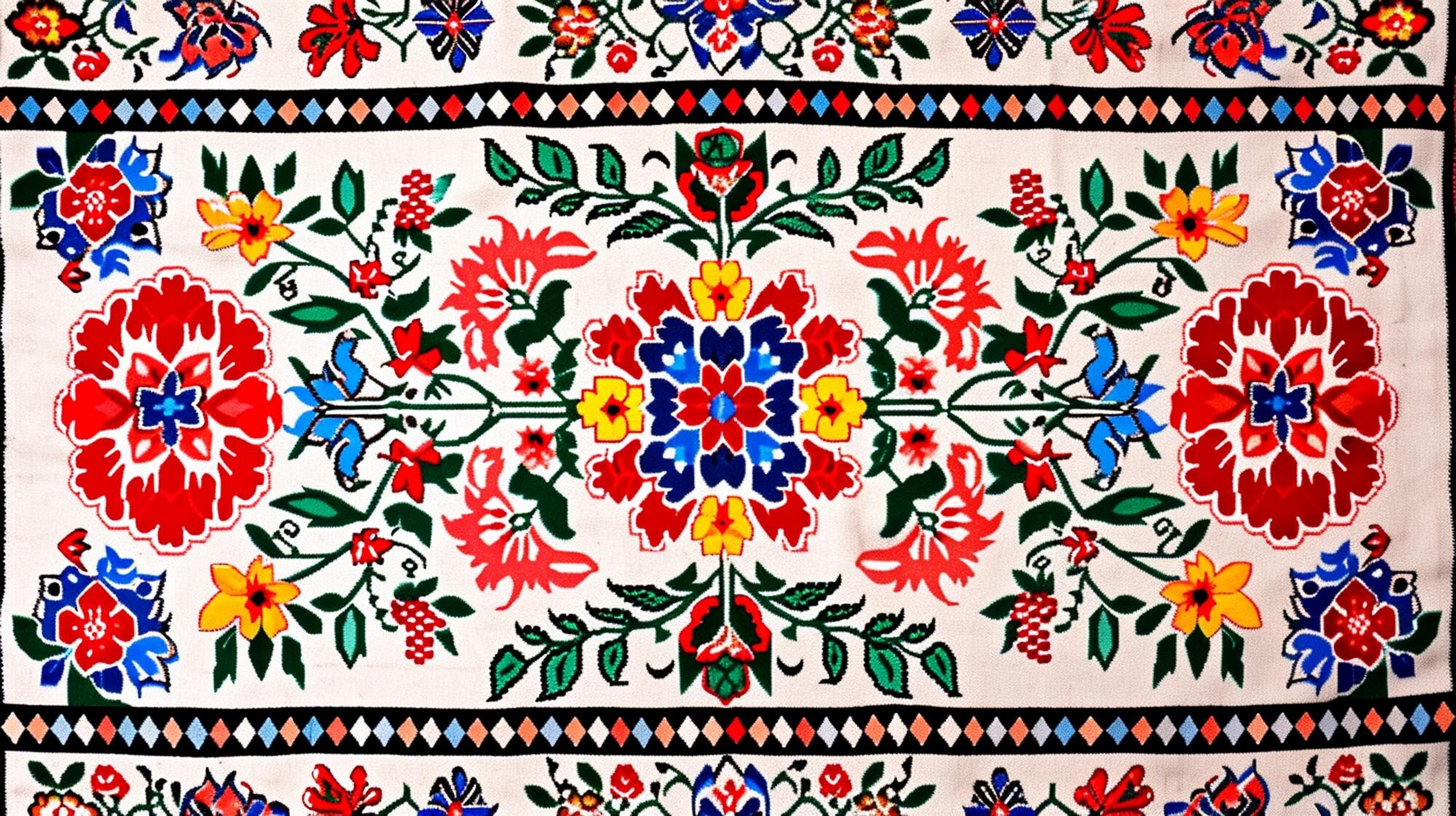
Have you ever been puzzled by the word ‘intricacy’? You’re not alone. This term appears often in the writing generated by ChatGPT, sometimes making the text confusing and more complicated to read. But why does ‘intricacy’ pop up so frequently, and what can we use instead to make our language more transparent and relatable? In this discussion, we’ll explore why ChatGPT overuses this word and provide simpler alternatives that can make your writing more accessible and engaging. Let’s dive into the world of words and discover how to communicate more effectively.
Why ChatGPT Overuses’ Intricacy’
Like many automated writing tools, ChatGPT aims to sound knowledgeable and sophisticated. The word ‘intricacy’ often captures detailed ideas, making it a go-to choice. The algorithm driving ChatGPT detects patterns in large datasets of human language and finds that ‘intricacy’ frequently appears in contexts describing complexities or details. Thus, it integrates this word into its standard writing repertoire. However, this can sometimes make the text overly complicated or formal, which isn’t ideal for general audiences.
For instance, think about how often you see the word ‘intricacy’ used in discussions of the intricacy of intimacy in artistic performances or the detailed design of ancient artifacts. While the word fits those contexts, it can be overwhelming in simpler text.
Personal experiences also emphasize this. Have you ever read a piece of writing that seemed to be trying too hard to impress with big words? It’s not just you. Complex terms can sometimes make it difficult to engage with the content. Fundamentally, while ‘intricacy’ is functional, its overuse can lead to readability issues.
Language experts have also criticized this tendency. During an online webinar about socially engaged art, participants noted that more straightforward language could make complex topics more accessible to a broader audience. This sentiment emphasizes the importance of choosing words wisely to encourage better communication.

Source: Freepik
Making Writing Clearer by Replacing ‘Intricacy’
To make your writing more accessible, consider swapping out the word ‘intricacy’ for simpler alternatives. These alternatives can convey the same meaning but are more accessible to a general audience. Let’s look into some substitutes and why they might be more effective.
For example, words like ‘complexity’, ‘detail’, or ‘complication’ often are excellent stand-ins. When you describe “the intricacy of the design,” instead try “the complexity of the design” or “the detailed design.” These words can minimize the reader’s cognitive load, making the text more engaging and less challenging.
Experts and seasoned writers agree that clarity should always be a priority. Sophia Bogle, a renowned book restorer and author, emphasizes the elegance of simplicity in her work. Like in book restoration, where restoring century-old books involves attention to detail yet remains accessible to the general public, writing should follow a similar principle. Bogle’s approach emphasizes that elegance and clarity go hand-in-hand, a concept highly applicable to our writing practices.
What’s more, in everyday applications, like winemaking, utilizing more straightforward language resonates well. Leoneschi, a veteran winemaker at Castiglion del Bosco, emphasizes that their winemaking process—an effort filled with complexities—is communicated using straightforward language. This approach ensures that wine lovers and casual drinkers understand the descriptions of their development.
Similarly, artists strive to make their work relatable in music, where compositions can be thoroughly complex. Guitarist Travis Reuter, for instance, discusses the rhythmic complexity in his album “Quintet Music.” He aims to defy conventions while maintaining a sense of poignancy that listeners can easily connect with. By simplifying descriptions of his musical methods, Reuter ensures his audience can appreciate the subtlety without getting lost in jargon.
When nature’s beauty is displayed in art, clarity in description enhances the audience’s appreciation. Marta Churchwell emphasized the Crystal Bridges Museum’s exhibit, which displays nature’s diverse details. The exhibit uses clear, descriptive language to guarantee that the beauty and complexity of nature are easily understood by all visitors, from children to experts.

Source: Freepik
Bottom Line
Understanding why ChatGPT often uses the word ‘intricacy’ and choosing simpler alternatives can make your writing more transparent and engaging. Using straightforward words like ‘complexity’ or ‘detail’ helps ensure your message is easily understood by everyone. This approach promotes better communication and makes your writing more inviting to readers. So next time you notice an overuse of ‘intricacy,’ try substituting it with more accessible terms. You’ll find your writing becomes more effective and appealing. Let’s aim for more transparent communication—one word at a time.



